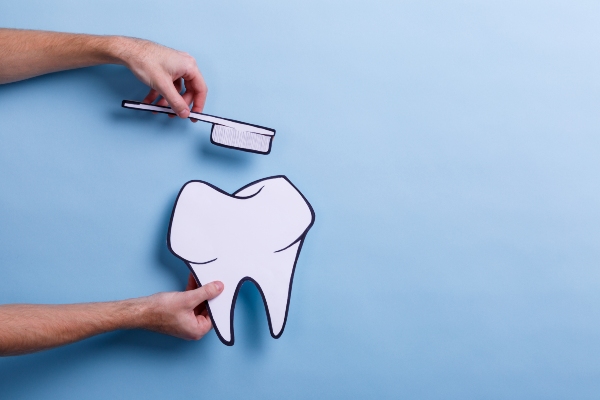Common Oral Surgery Procedures From a General Dentist

A general dentist can perform some oral surgical procedures. Some surgeries can take place in the clinic. Your dentist has the right training for such procedures. The aim is to improve your dental and general health. If you want to know the common oral surgical procedures you can have from your general dentist, here are the details.
Dental extractions
A general dentist can perform regular tooth extractions. More complicated tooth extraction often needs the help of oral surgeons. This happens if the patient has teeth in a bad position. An oral surgeon must take over if there is a dead or damaged tooth. Removing gum or bone tissue to reveal the tooth for extraction is in the hands of an oral surgeon.
Dental implant surgery
This is the most popular and stable method of replacing missing teeth. Oral surgery is a valuable part of the dental implant process. Many dentists are now undergoing additional training for dental implant surgery. Yet, most of them still recommend an oral surgeon for this procedure.
A well-trained general dentist will drill a hole into the patient’s jawbone. Then, the dentist will place a titanium rod in it and stitch the gum tissue to close. Four to six months of osseointegration must happen. This will make sure the rods stay in place. A dental crown will then fit over the treated tooth to strengthen and protect it.
Corrective jaw surgery
The complexity of orthognathic surgery needs a team of dental care providers. This type of surgery involves the help of a general dentist. This procedure involves realigning and reconstructing one or even both of the patient’s jaws. The goal of which is to improve the facial appearance and jaw function.
The dentist will perform an oral visual inspection. There will be a need for diagnostic images such as 3D scanning or digital X-rays. The 3D models will help create a careful treatment plan for the patient. Some dentists use advanced software to show the patient the possible resulting look after the orthognathic surgery.
A general dentist may recommend corrective jaw surgery to patients who have bite issues from congenital defects or facial trauma. Patients with TMJ (temporomandibular joint) disorders and muscle issues in the jaw may also need orthognathic surgery. These patients need orthognathic surgery to achieve normal jaw function and facial balance. The dentist’s recommendation will start the patient’s journey toward a better quality of life.
Restorative procedures
Patients with an infected dental root or severe periodontitis must go through oral surgeries. The aim is to remove the decayed tissue and rebuild the tooth. Patients who need a root canal procedure can go to a general dentist. Here, the dentist will remove the infected pulp and clean the tooth out. Disinfecting and drying the inside of the tooth will follow. Then the dentist will fill the tooth with gutta-percha.
You can get some dental surgeries from your general dentist
Trust is a huge reason for going to your dentist to get oral surgery. Feeling at ease in the treatment chair is important. Your dentist knows what to do because of additional training. You can expect to get a referral if your case is more complicated. Routine dental appointments will determine how your general dentist can help you.
Are you considering seeing a general dentist in the Columbus area? Get more information at https://www.ohiocosmeticdentists.com.
Check out what others are saying about our dental services on Yelp: General Dentist in Columbus, OH.
Recent Posts
Regular visits to a general dentist are essential for maintaining optimal oral health. A general dentist is responsible for routine check-ups and cleanings and provides a wide range of services to prevent, diagnose, and treat various dental issues. From preventive care to restorative procedures, a general dentist plays a crucial role in ensuring your teeth,…
A general dentist shared some ways to help prevent bad breath. This is a topic no one wants to discuss. Bad breath happens to everyone at one point or another. If you take proper precautions, you can avoid having bad breath. We should openly talk about this taboo topic. The more we talk about it, the…
You can have restorative dental procedures from your general dentist to replace defective or damaged parts of your teeth. Restorative procedures are used to replace broken or missing teeth and are among the most common treatments and procedures that dentists handle regularly. They restore the function and aesthetics of teeth and supporting structures while helping…
One aim of general dentistry is to make the patient’s experience as positive as possible. A dentist who is good at their job will achieve this feat in two ways. First, they will use proactive, preventative measures that keep intensive procedures to a minimum. Second, the dentist will use every tool at their disposal to…


